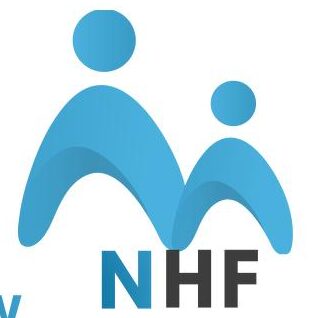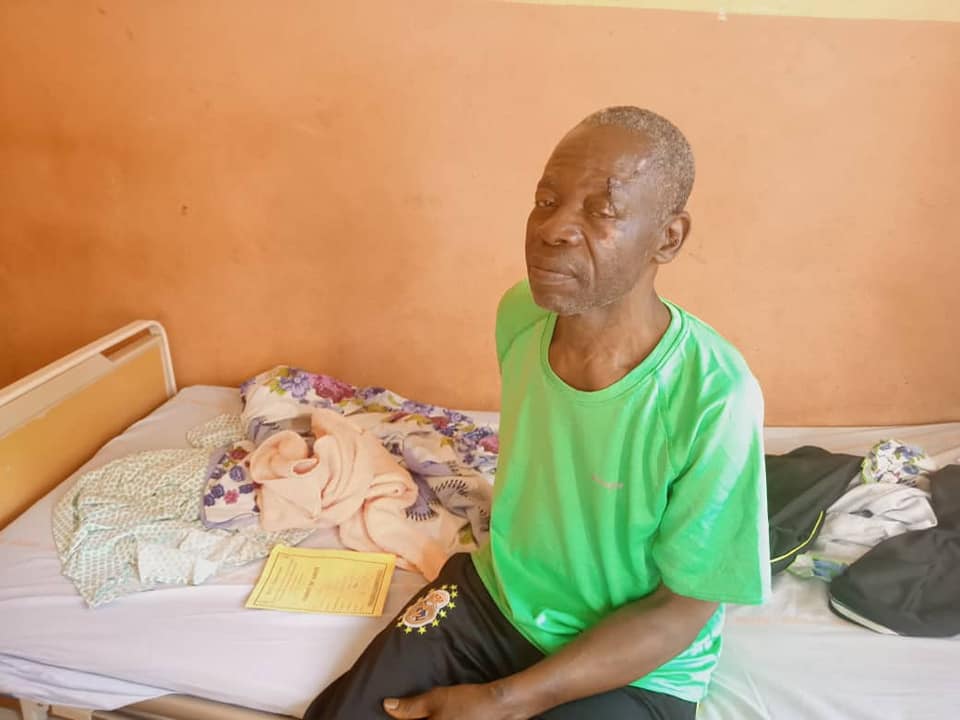


Psychosocial Support & Trauma Recovery is a flagship program of New Hope Nouvel Espoir Inc., aimed at helping individuals especially women, children, and trauma survivors regain emotional balance, dignity, and strength after crises such as domestic violence, loss, displacement, or chronic hardship.
Our approach combines trauma-informed counseling, emotional care, and reintegration tools to build long-term resilience and mental wellness.
Bringing quality healthcare to everyone, regardless of background, by providing accessible, compassionate, and comprehensive medical services for all individual.
Our programs aim to address housing instability by offering emergency, transitional, and permanent housing options, coupled with essential resources like financial counseling, job training, and community engagement. By empowering people with the stability of a safe home, we foster a foundation for improved well-being, personal growth, and hope for a brighter future.
Choose this program to support recovery that goes beyond physical aid—because emotional healing is the foundation of lasting change.
One-on-one and group sessions facilitated by trained counselors to help individuals process pain and rebuild self-worth.
We provide safe environments where survivors can speak, cry, and connect without judgment especially through women's support circles.
We help participants reintegrate into social and community life with confidence, mentorship, and renewed hope.
We educate families and communities on mental health, conflict resolution, and healing after trauma.
Help Our Kids with Education, Food, Health Support. Donate Now
It combines psychological care with social reintegration for people affected by trauma, poverty, or isolation.
Women, children, and families facing emotional challenges, loss, or domestic abuse.
You can become a volunteer listener, sponsor a therapy session, or donate to support more beneficiaries.
Copyright © 2025 All Rights Reserved.